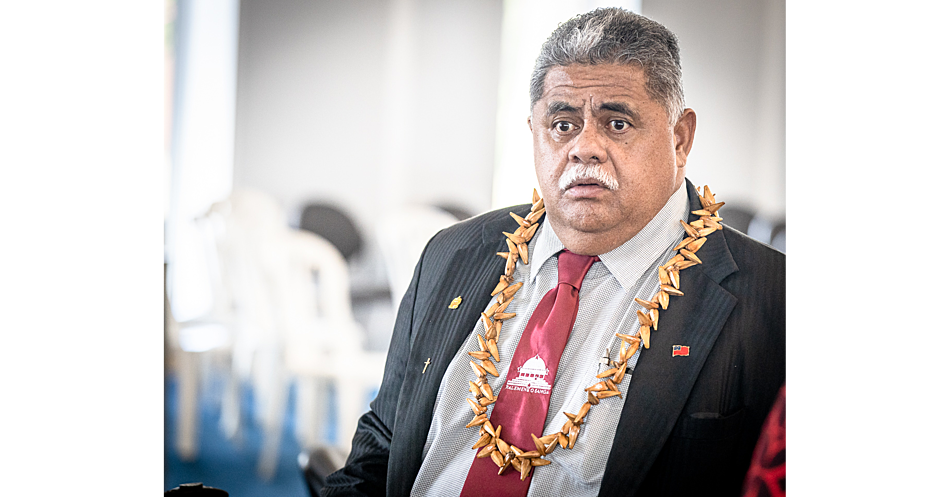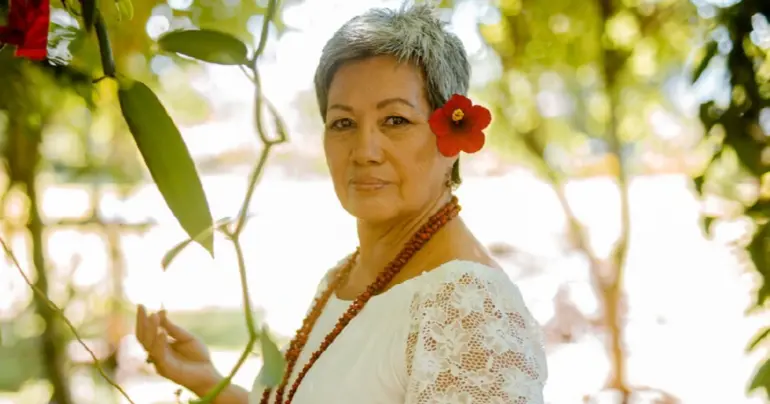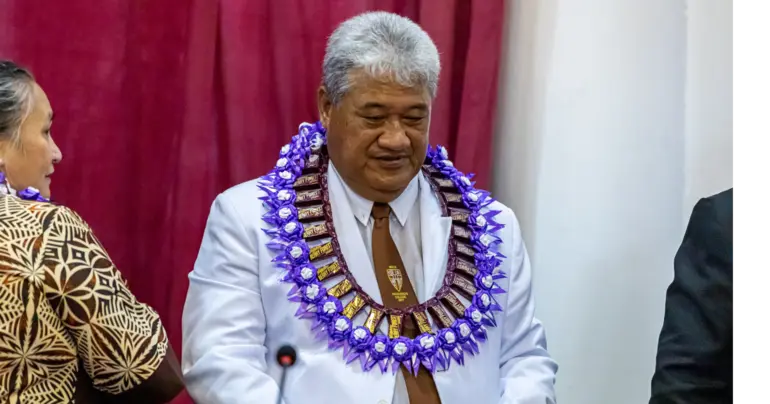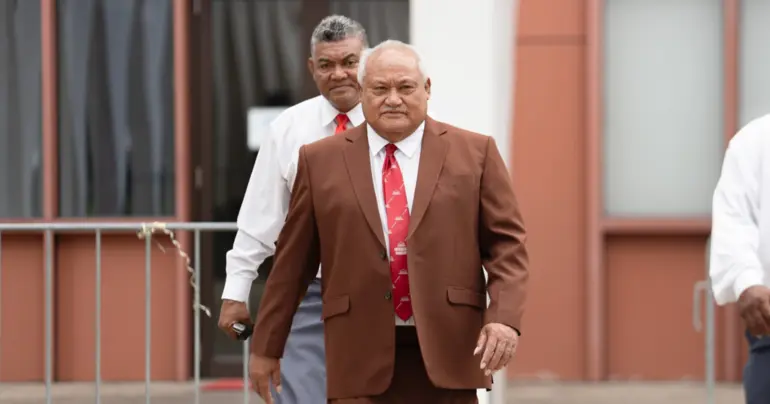66 new dialysis patients in one year
 By Talaia Mika
•
15 March 2024, 11:00PM
By Talaia Mika
•
15 March 2024, 11:00PM
In the year spanning July 2022 to June 2023, Samoa witnessed a surge in the number of individuals requiring dialysis treatment, with 66 new patients added to the roster.
This marks a significant escalation in demand since the inception of dialysis services in 2005, with over 600 local Samoans having received such treatments over the years.
This was confirmed by the Minister of Health, Valasi Tafito Selesele during his remarks at the commemoration of World Kidney Day this week.
According to statistics released by the Kidney Foundation of Samoa (NKFS), the prevalence of chronic kidney disease (CKD) in the region stands at close to 30 per cent.
Alarmingly, over 80 per cent of those in need of dialysis treatment suffer from kidney failure stemming from complications of poorly managed non-communicable diseases (NCDs), notably diabetes and hypertension.
Against this backdrop, the theme for World Kidney Day 2024 couldn't be more pertinent: "Kidney Health for All – Advancing Equitable Access to Care and Optimal Medication Practice."
This resonates deeply with Samoa's healthcare landscape, characterised by a high prevalence of NCDs and CKDs.
As Samoa grapples with the dual challenges of rising NCDs and growing demand for renal care, the spotlight on equitable access and optimal treatment practices is timely and imperative, Valasi said.
"For the public, I as Minister of Health greatly urge you to: Get medically tested for NCDs and CKD; Change your lifestyle to promote healthy eating and exercising; reduce or refrain from drinking alcohol; stop smoking; and obey fully the advice given by medical clinicians," he said.
"For the health sector, I challenge you to step up the primary health care services to ensure better access to good medical information and care for our people."
Meanwhile, one of the issues stressed by the Clinical Director for N.K.F Samoa, Leituala Dr. Ben Matalavea was the lack of resources especially machines for diabetes, high blood pressure and kidney check-ups available at district hospitals such as Faleolo and Leulumoega which can cater for patients from that side of the island.
"Make sure the infrastructure is right and what is the infrastructure? We have mobile testing machines. Patch some machines for Leulumoega and those hospitals, the machines to test the control of diabetes, machines to test the kidney and blood pressure," he said.
"So what is the Ministry supposed to do? Supply the things there. I mentioned the three machines to check diabetes, kidneys, and high blood pressure. It's about $30 to do those tests at a private lab so just get the government to buy the machines."
Leituala added that the population of young adults getting dialysis treatments is also continuing to increase year after year same as the older age group.
 By Talaia Mika
•
15 March 2024, 11:00PM
By Talaia Mika
•
15 March 2024, 11:00PM











